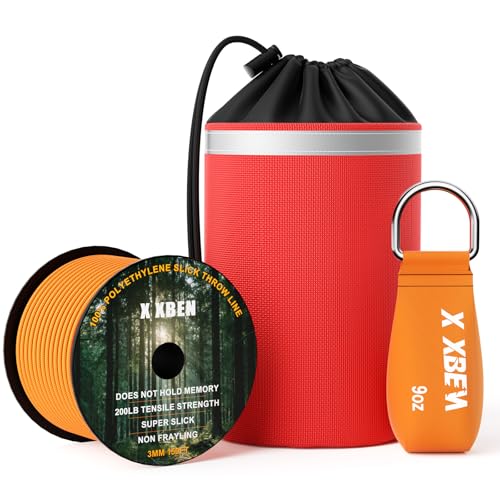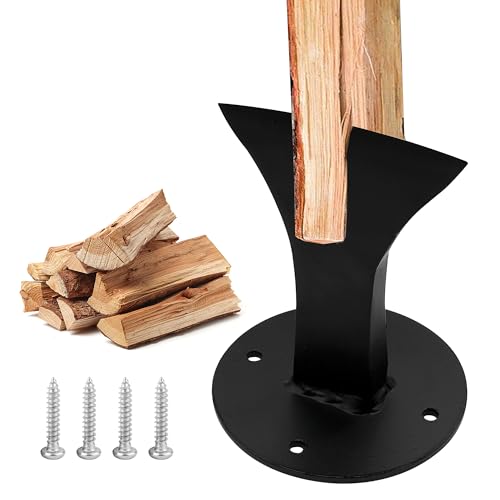Thank you for the response. My apologies, I thought I copied my whole post from "introduce yourself."
But to answer your questions...
- How old are you?
33
- what is your relative experience?
In terms of arboriculture, none. Post high school, my working years have been spent mostly cooking and serving in restaurants, with some landscape, irrigation, light construction, and gas&oil field sprinkled in.
- life status: stuff like married, kids, wealth, education?
Single, no kids, no money(but can crack down and live well below my means), no significant education. Dropped out of college twice right out of HS, went to community college at age 27 (2018), took basic life **** like economics, accounting, business, college algebra and I actually excelled, lots of scholarships, honor roll, deans list, etc.
- what part of the world are you in? Local economy is important!
Rochester, NY. Hour east of Buffalo, 4 north of Pittsburg, 1 west of Syracuse.
- what is your current equipment list?
-
No chainsaw(returned 20" Ego that got stuck in a 209 year old oak)
suggestions?
-Loppers
-choppin axe
-hack saw
-Some rope
-much else
- What are your physical traits?
6'1"
190lbs
can maneuver quite well in trees. LOVE climbing trees, always have, always will.
I am 39 and got into arborist work 2 years ago, so I feel I could tell you my path.
I was into chainsaws and felling for firewood (had friends who were wildland firefighters, owned tree nurseries, were arborists, etc). I had a small 50cc and medium/big 79cc saw, and had extensively researched felling to be safe, and had been taught in the field by my peers. I had bought the book, To fell a tree by Jeff Jepson (highly recommend for all chainsaw owners).
One day my wife and I helped an arborist buddy with a removal. I fell in love with the rigging and analyzing his climbing - but I also recognized the danger and wanted to be better. I continued occasionally helping, but also bought 2 books. The tree climbers companion by Jeff Jepson (absolutely buy this book! Best resource ever and is a small read/field manual). General Tree work by Baranyak (dense and slightly outdated but useful still - recommend reading after you have some experience and not before).
I watched YouTube videos on portawraps and basic rigging, and anything arborist related. After a year of study and experience, I wanted to climb and felt ready. My brother in law had a tree that needed removed, and we traded the cost of basic gear for the removal. I climber and pruned a few trees before the removal. And then we got it done this was about 1-1/2 years into my journey. At the 1 year mark, I could have easily joined any small/medium tree service as a valuable 'groundie' - but that is because I was efficient with knots, rigging, and self managing the workflow on the ground. If you can let the climber focus on climbing, and not need direction from them, also being assertive based on what you see from the ground - they will love you. But you have to love to work and keep yourself busy. Anticipate everything you can and work ahead, have ropes ready before they ask, and be aware and calling out hazards and your plan.
The industry certifications require years of hours working before you can take an exam. So my advice to you is:
1. Buy The tree climbers companion
2. Watch basic portawrap videos online
3. Get on craigslist, and help an arborist. Gain some experience. Reflect and study what you feel weak on that would improve the safety of the climber.
4. Invest if you like it. Buy nice chainsaw pants and your own helmet. You get out of it what you put in. If you dedicate yourself to it, you will be rewarded. Good knowledgeable help in this industry is hard to find.
5. Learn from the small tree companies about their beginning. Hear their personal stories.
6. You can be creative starting out. If you work hard, and rent equipment (just what you really need like a dump trailer) and do everything else the hard way, you can start your own company. In 1-2 years doing this, you can have your own business with everything you need (dump truck and chipper).
7. Mentor. Finding your own helpers will be the biggest challenge at this point. Share knowledge. They may leave you, like you did, but it will make you safer the better they are.
8. Go to arborist competitions or events, even just to watch. Be thirsty for knowledge. There is a ton of gear, new and old, and many ways of doing things. Stay focused on the basics of what you need, but open to new things that increase efficiency.
9. Have fun, and be humble and safe.























































